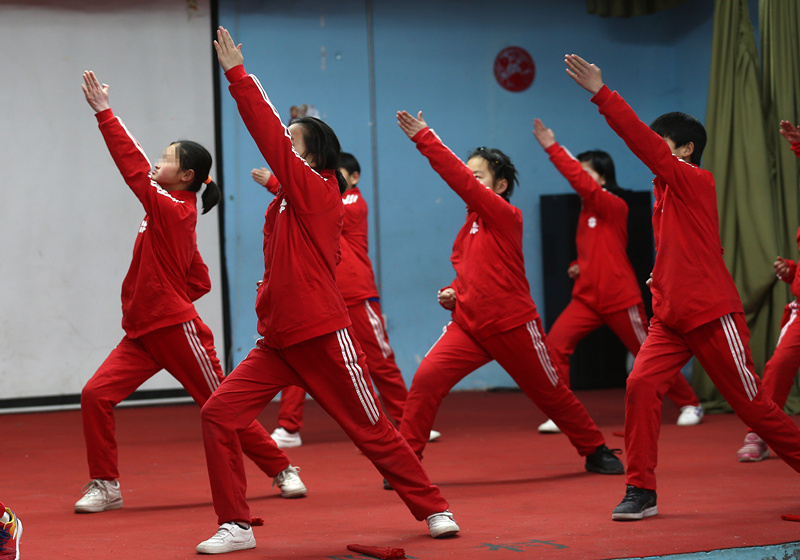Signs of progress for prisoners' children
By Cao Yin | China Daily | Updated: 2019-02-20 07:22

Zhang said most of the fittings are secondhand or donated by visitors and enterprises. In addition to donations from the public, Zhang has rented a farm 3 km from the branch which she runs to help fund the NGO's operations.
"We plant agricultural products, such as grapes and strawberries, at the farm and sell them to earn money," she said. "The earnings are used to run the organization, pay workers, as well as pay for the tuition and medical fees of the children."
After finishing their compulsory education, most children learn technical skills in vocational schools to ensure they can live independently after they turn 18, "but if someone enter high school or is enrolled by a college, we will also pay his or her major tuition fees", Zhang said.
Looking ahead
Shao Pengchao was sent to the Beijing branch by a prison in Henan province at the age of 9 after his mother was given a suspended death sentence for killing his father.
"For me, Sun Village is neither an institution nor a shelter-it is home," said the 24-year-old, who is now a staff member at the branch.
When he was younger, he learned welding skills and helped to repair the facilities. Last year, with encouragement from Zhang, he began receiving guests and running the branch's website.
His New Year's resolution is to learn more about the internet and improve the operation of the website.
He said he has often called his mother, who works at a clothing factory in Zhejiang province, since her release from prison in 2014, but refuses to talk about the past with her.
"I'm not interested in the killing and I don't hate my mom, who has been punished," he said. "Let the past go. We need to look ahead."
Sun Yue, 26, who works at the NGO's farm after being aided as a child, said he has trouble communicating with his father.
























